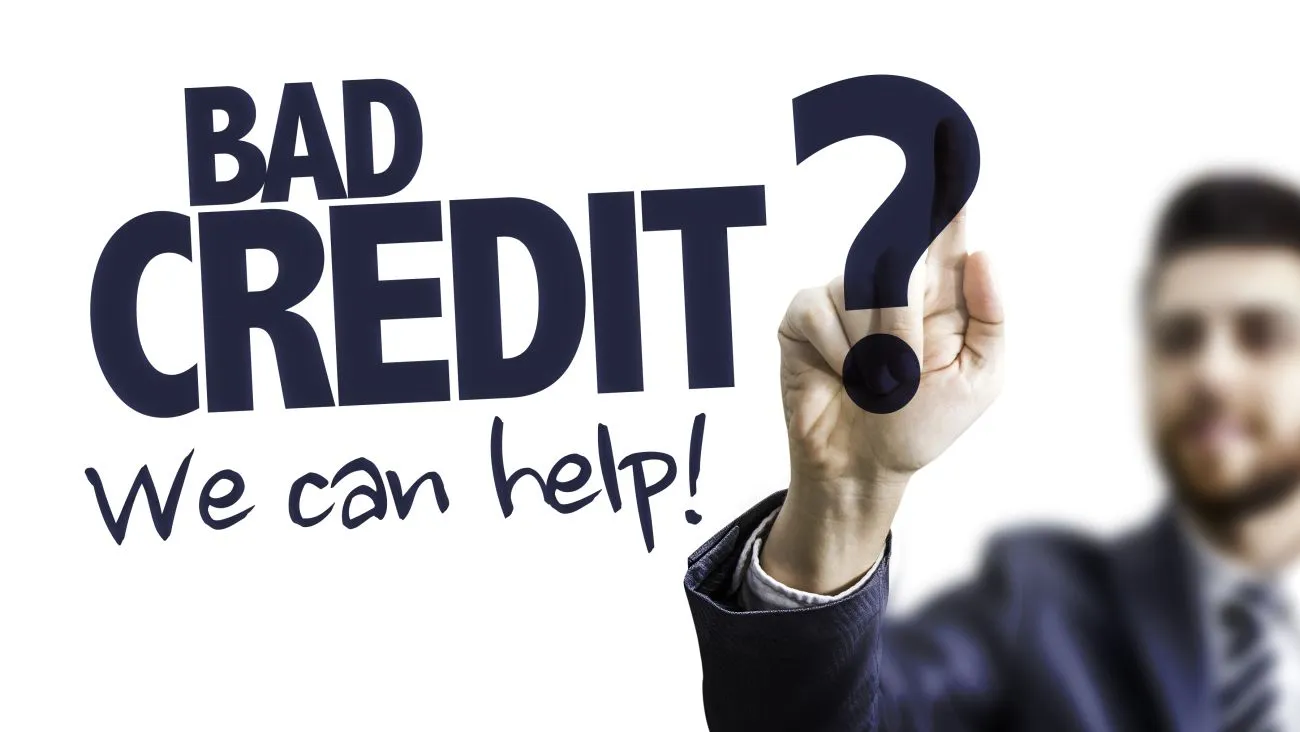Most of us make use of loans at some point in our lives. Whether it is your mortgage, financing a large purchase, or taking out a loan to help you through times of economic uncertainty, most of us have some options to borrow money. Even if you have a bad credit score, there are lenders who are willing to work with you and help you to recover from the financial issues you’re facing.
 Gustavo Frazao / Shutterstock
Gustavo Frazao / ShutterstockWhat Is a Bad Credit Loan?
If you have a history of not repaying your credit cards or have paid bills late, it can affect your credit score badly. Credit reference agencies manage your credit score in the UK. If you have a history of not repaying promptly, then your score is likely to be lower. The credit score is supposed to act as a guideline for lenders.1
If you’ve got bad credit, that doesn’t have to be the end of your options. Certain lenders specialise in offering bad credit loans. They’re often based on your other financial circumstances, rather than just looking at your credit score. Lenders may look at your income and outgoings. This means that even if your credit score is hurt by things that happened five to 10 years ago, you can still borrow money. This can help you to rebuild your credit rating and improve your future prospects.
Types of Loans
There are numerous types of loans. Some might be more suitable than others depending on your situation.
Personal Loans
Personal loans are based on the trust that you will repay them. You don’t have to provide an asset that can be claimed if you don’t manage to repay on time. If you don’t have a good track record of repaying loans, the personal loan will probably have a high APR.
Guarantor Loans
The term “guarantor” is often used when it comes to mortgages. So, what does it mean?
A guarantor is someone who agrees to pay back what you borrow if you can’t. This means that if you don’t have assets that can be reclaimed and you fail to provide payment, the lender can ask the guarantor to pay. Of course, you need someone to agree to this and sign a contract.
Often, a guarantor is a loved one such as a family member.
Secured Loans
A secured loan is one where you sign off on a lender repossessing an asset if you don’t pay back the loan on time. For example, you can lend “against” something, such as your home or even a vehicle that you own outright.
It’s more likely that a lender will approve the loan, as they know they will be able to get an asset back from you if you can’t repay. However, you are risking anything you offer as security as it can be reclaimed. If you offer your home as security, you risk the house you live in and any equity you own.2
Peer-to-Peer Loans
Effectively a peer-to-peer or “P2P” loan lets you borrow from someone else. The loan is overseen by a peer-to-peer platform.
You are borrowing from an investor rather than a bank. It works in a similar way. However, you might find that the loans are expensive if you have a poor credit history.3
How to Find the Best Bad Credit Loans
If you have bad credit, it can be tempting to jump at the first chance to borrow money. However, this often means you end up with poor terms.
Instead, here are some simple and effective tips for getting a loan that works for you.
Shop Around
Use a comparison tool to see what options are available. Your credit score won’t be affected until you put in an application. Just like getting your car insurance, it makes perfect sense to look around for the best deals.
Know Your Credit Score First
You can find out your credit score before you apply. This will give you a better idea of what sort of interest rate you should be paying. Moreover, knowing your credit score will help to inform your decision of which lender to work with.
Consider Offering Security or a Guarantor
This can support your application. In addition to giving you a better chance of getting approved, you might get a better rate.
Consolidate Your Debts
It’s often a good idea to take existing debts and consolidate them into a loan that you can manage easily. For example, if you already have debt on your credit cards, you might want to incorporate these into your plan for borrowing money.4
Conclusion
Having a negative credit history doesn’t have to spell the end of your options for borrowing, especially if you are willing to work with a guarantor or offer security on the loan. Many lenders specialize in working with people with bad credit. Although you might borrow less and repay more as interest, this could be a step to recovering your financial security.